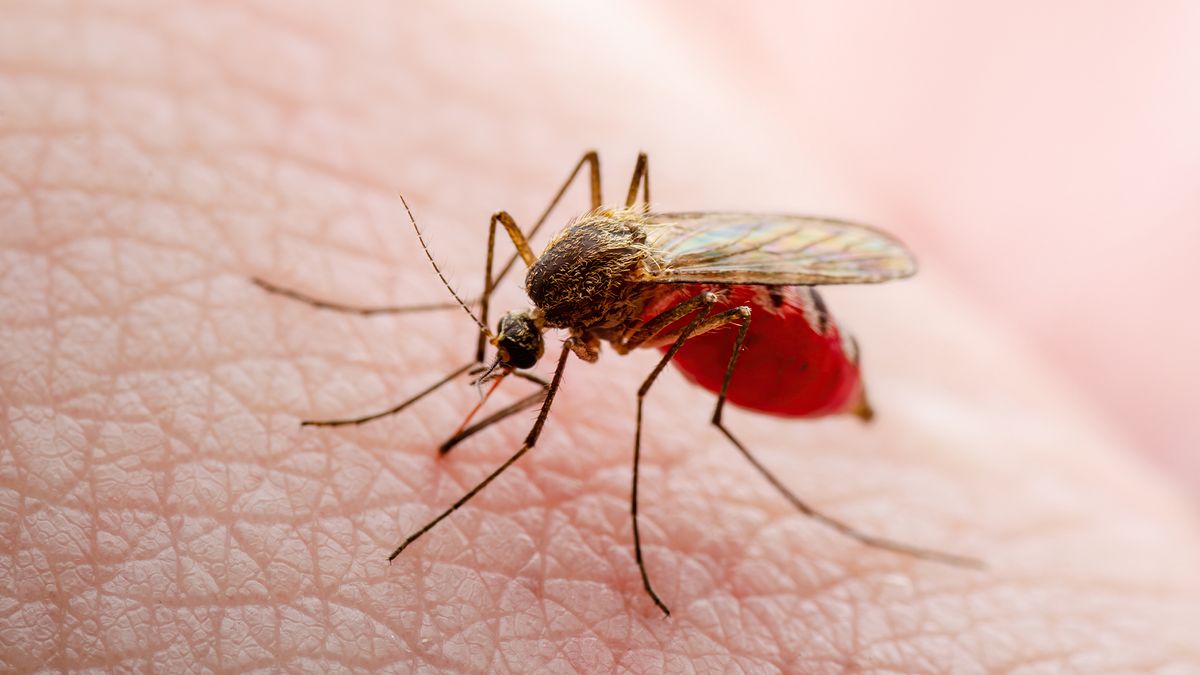-100 million people infected with dengue each year
- 40 thousand people may die this yr
- Brazil is the most affected by dengue
- Singapore runs high-tech dengue prevent program
If a female Aedes mosquito is carrying the flavivirus pathogen and bites someone, the victim can contract dengue fever. Dengue can cause joint pain, bleeding and even death. The US Centers for Disease Control and Prevention estimates that 100 million people worldwide are infected with dengue each year.
The number of dengue cases is increasing dramatically. According to the World Health Organization, about 20,000 people died of dengue in 2000. It is feared that 40 thousand people may die of this disease in the world this year. On the other hand, between 2000 and 2022, the number of deaths due to malaria decreased by 30 percent. The most dengue-affected region is Latin America. Between 2000 and 2005, averages of five lakh people were infected with dengue every year. But in 2023, 4.6 million people in the region are affected by dengue. Meanwhile, in 2024, about 6 million cases have been detected there. Brazil is the most affected by dengue.
On the one hand, as the number of dengue patients is increasing, it is also spreading across the world. Aedes mosquitoes are sensitive to small changes in temperature and their range is expanding as the world warms. The Anopheles mosquito transmits malaria, which is now found worldwide. But Aedes has not yet spread to all regions. But according to current climate trends, the Aedes mosquito could spread over large parts of southern Europe and the United States. Another 200 million people are at risk of contracting dengue.
Urbanization is helping to increase the breeding of these mosquitoes. A dengue mosquito can bite more than one person in its two-week lifespan. In some places the disease was not present before but now it is spreading rapidly. This trend is now seen in Bangladesh and India. In recent years, the number of dengue cases has increased in California, Southern Europe, and Africa.
The world must prepare for dengue fever. While the richer Northern Hemisphere is increasingly at risk, poorer parts of the world will suffer more.
Singapore has long done well in the fight against dengue. The country is doing regular monitoring with health workers. Moreover, finding out whether water has accumulated anywhere, collection of larvae and fines of those responsible have been brought under the purview. Mosquito breeding centers are regularly sprayed with drugs.
Since 2016, Singapore has been running another high-tech dengue program. Each week it releases 5 million mosquitoes infected with Wolbachia bacteria, which prevent the spread of the virus that causes dengue. It costs the country about 3.5 million dollars a year. No dengue vaccine is yet in the market, but efforts are underway.
ZH






